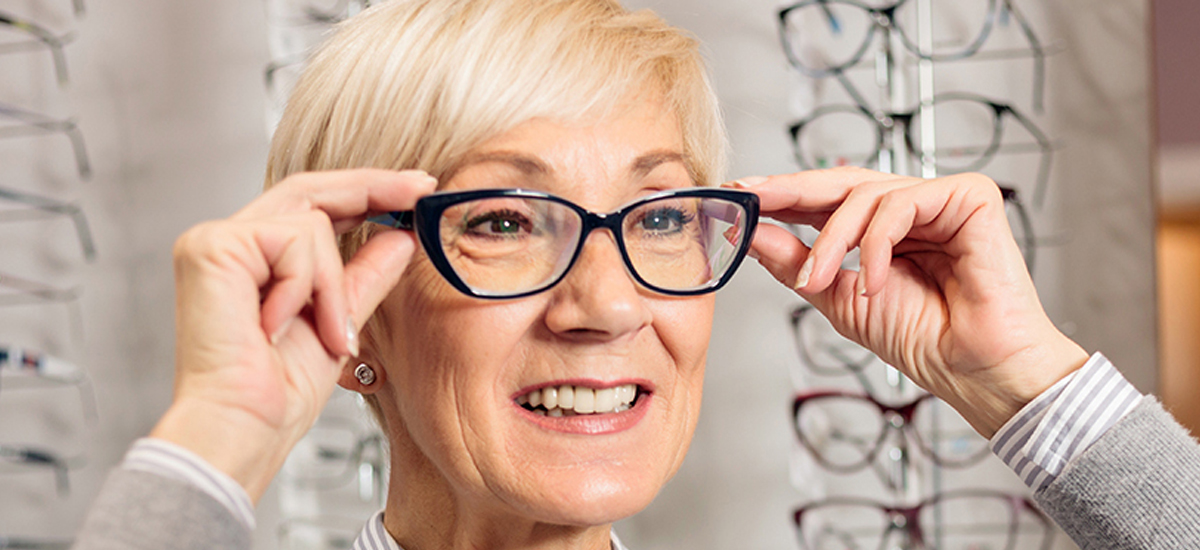How to Get 20/20 Vision

How to Get 20/20 VisionHealthy eye habits are fundamental to great vision. We know you can’t always control how well you see, but caring for your eyes is essential to obtaining the best eyesight and general eye health.
Wondering how to get 20/20 vision? Let’s first discuss what it means.
What 20/20 Vision Means
If you see as well as the average person when your vision is tested using an eye chart that’s 20 feet from your face, you may have 20/20 vision. Many people strive for this level of “perfect” or “near-perfect” vision. However, having 20/20 vision doesn’t always indicate your vision is flawless. It suggests how clear images are from 20 feet away.
Consider this: 20/10 vision is when you can see things at a distance of 20 feet that others would need to step 10 feet closer to see. That means you have better visual acuity than the average person.
According to the American Optometric Association (AOA), your distance vision isn’t the only factor in visual clarity, though. Your eye coordination, peripheral vision, and ability to concentrate on images are also essential.
How to Get 20/20 Vision
If you’re interested in learning how to get 20/20 vision, remember that training your eyes to achieve this level of visual acuity may not be an option. Many factors can contribute to your visual sharpness, including eye diseases, genetics, and lifestyle choices.
However, taking steps to improve your eye health may help with your vision. Here are some things you can do:
#1: Wear your contact lenses or eyeglasses as prescribed.
If you have a refractive error or another vision issue, your eye doctor will often prescribe corrective lenses. Be sure to wear them as recommended. Whether that’s during specific activities or all the time, stick to the schedule that the optometrist gives you to ease the discomfort associated with viewing things that are too close or far away.
Remember: For Eyes offers a vast selection of contacts, including daily wear, extended wear, toric, and more. We also carry multiple designer frames and high-quality lenses. Ask your optometrist which type of eyewear is right for you.
#2: Consume a healthy, balanced diet full of antioxidants.
Many eye diseases, such as age-related macular degeneration (AMD) and cataracts, can affect your vision and contribute to blindness over time if left untreated. While more research is essential, some studies suggest a link between an antioxidant-rich diet and a lower likelihood of obtaining AMD or cataracts.
Start with these antioxidants:
- Lutein and zeaxanthin
- Omega-3s
- Vitamin C
- Vitamin E
- Zinc
#3: Schedule an annual eye exam.
Regular eye exams are vital for both adults and children. Why? In addition to checking on your visual acuity, the eye doctor can detect symptoms of eye diseases and other health complications, such as diabetes and high blood pressure.
During your eye exam, you can ask your optometrist questions about how to improve your vision. They can offer valuable insight into specific strategies and tools that may work for your eyes.
Summary: What You Should Know About 20/20 Eyesight
20/20 vision may not always be perfect, but it’s close. There’s no one way on how to get 20/20 vision, but by taking steps to stay in control of your eye health, you can prep your eyes for success.
We suggest:
- Using your corrective eyewear as recommended.
- Eating plenty of eye-healthy nutrients.
- Attending a yearly eye examination appointment.
These three actions might not correct your vision. However, they can get you on the right track for healthier eyes, which may improve how well you see.
Book your eye exam at For Eyes
Have you had your annual comprehensive eye exam? Schedule an appointment with an Independent Doctor of Optometry at your local For Eyes.












